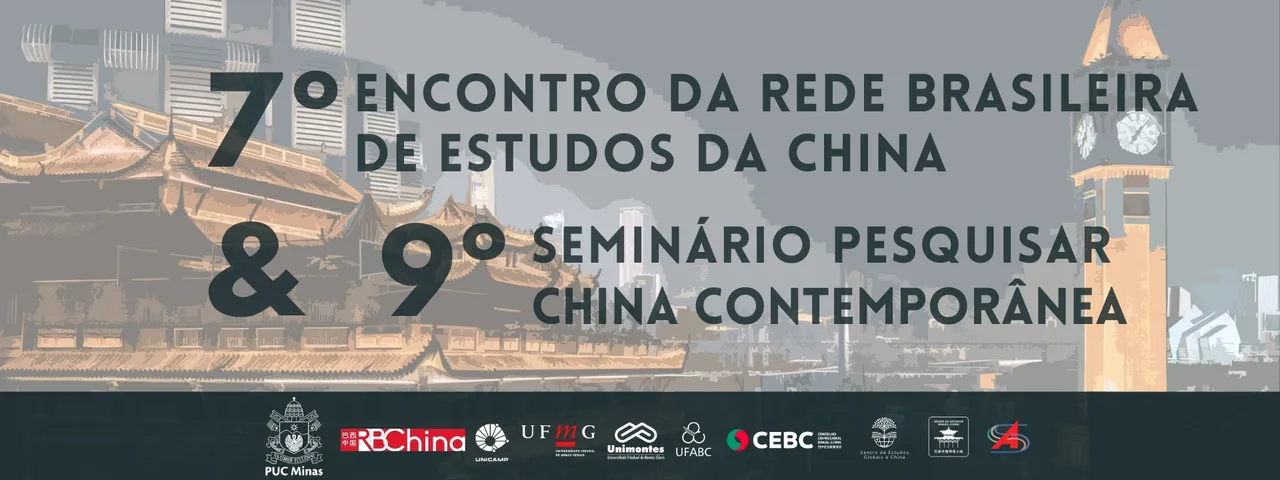CEBRI participates in the 7th Meeting of the Brazilian Network of China Studies & 9th Seminar on Researching Contemporary China
- 15 october 2025

CEBRI participated in the 7th Meeting of the Brazilian Network of China Studies (RBChina) and the 9th Seminar on Researching Contemporary China, held from October 6 to 8, 2025, at PUC Minas, Belo Horizonte. The event brought together researchers, experts, authorities, and representatives of academic institutions to discuss the multiple aspects of China's presence in the international system and its implications for Brazil. The conference was organized by the Brazilian Network of China Studies, in partnership with the Brazil-China Study Group at Unicamp and PUC Minas, consolidating its position as the leading national forum for critical and interdisciplinary reflection on contemporary China and its relations with Brazil and Latin America.
The extensive and diverse program featured roundtable discussions, research presentations, and thematic working groups, addressing issues ranging from structural economic and political international problems to the social, cultural, and philosophical dimensions of the Chinese world. The meeting opened with the panel "China-Brazil Relations: Scenarios for Cooperation," moderated by Professor Javier Vadell (PUC Minas), with the participation of Martinho Campolina Rebello Horta (PUC Minas), Counselor Minister Li Qi (Chinese Embassy), Mariana Balau (PUC Minas), Ambassador Raphael Azeredo (FUNAG), Minister Almir Lima Nascimento (FUNAG), and Giorgio Romano (UFABC). The discussion highlighted the maturation of the bilateral partnership, advances in trade, investment, and technological innovation, and identified challenges and opportunities in strategic sectors such as energy, infrastructure, and the digital transition.
Alongside the roundtables and lectures, the Research Contemporary China Seminar brought together graduate students and young researchers in working groups to discuss topics such as economics, foreign policy, urban planning, the environment, education, gender, technology, and the humanities. The discussions revealed the diversification and maturity of Chinese studies in Brazil, fostering exchanges between institutions and the development of a national research agenda on China. Studies on the role of the state in the Chinese economy, the transformations of civil society, educational and scientific policy, the energy transition, and the challenges of China's international integration were presented, providing a diverse and up-to-date overview of the country.
With its participation, CEBRI reaffirmed its commitment to contributing to a qualified dialogue on major global issues, such as geopolitics, energy transition, regional integration, technological innovation, and sustainability, and to strengthening research and academic cooperation networks focused on understanding China and its role in transforming the international order. The event established itself as a space for convergence between academic reflection and strategic formulation, reaffirming the importance of Brazil developing its own proactive vision of China's global presence and opportunities for cooperation in the 21st century.
